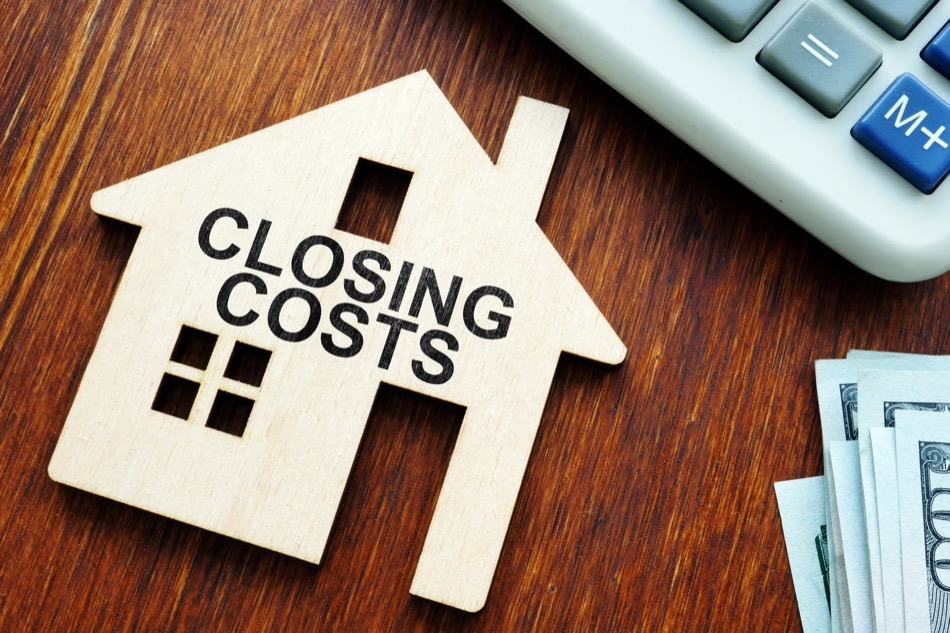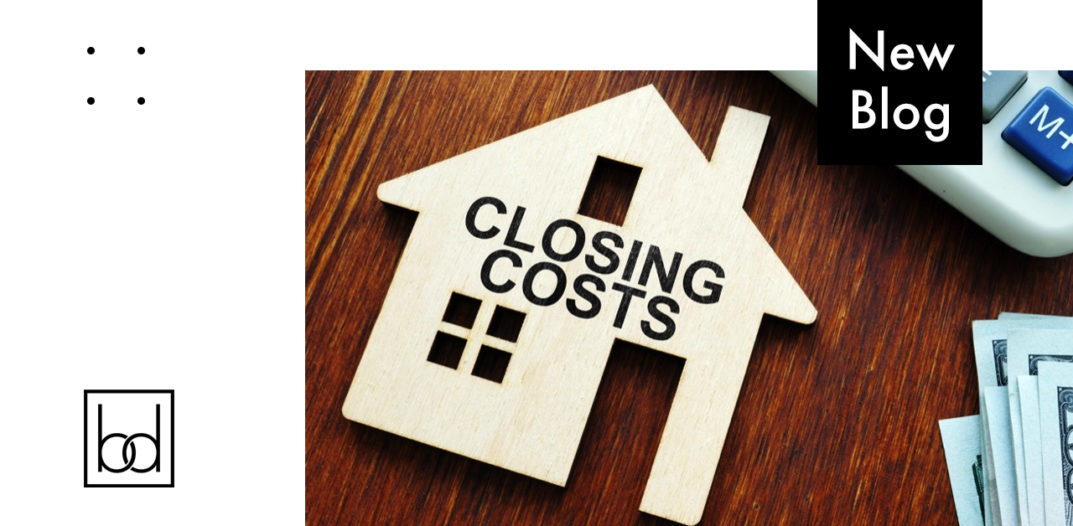
You know before you get very far into the house-hunting process that there will be closing costs when you purchase a new home. You will hear them discussed by your mortgage originator, real estate agent, and likely many of the people you discuss your home buying process with. But do you know what the fees actually are? We’re here to explain what you will see when you glance at the closing cost portion of your loan paperwork.
Closing Costs, What are They Really?
Closing costs, or as they are sometimes called, settlement costs, are all of the one-time fees and expenses charged in connection with the origination of a mortgage loan. Many different types of fees are known as the more general term “closing costs,” and they include the loan origination fees, loan discount points, appraisal fees, title search fees, title insurance premiums, survey fees, transfer taxes, recording fees and credit report charges. You will find an itemized list of these charges in your Loan Estimate Disclosure and Closing Disclosure, and it is required by law that these charges be disclosed to you.
How Much Will They Be?
On average, closing costs will be between 3% and 5% of your new home’s purchase price. This calculation should help you with knowing how much to budget for these costs, even before you receive an official Loan Estimate document from your lender. Other factors are also used in calculating closing costs, such as your loan type, down payment amount and the state in which the home is located.
What is a Loan Estimate?
Your agent and loan officer may use the acronym LE instead, but a Loan Estate is the itemized list of fees and costs associated with the loan. Your lender is required to issue this document to you within three business days of a completed loan application. Keep in mind however, that this document is in fact just an estimate. It is possible that some closing costs will change, but in that case your lender should provide you with a revised LE document, and any and all changes should be thoroughly explained. If you are still shopping for a lender, you can use Loan Estimates to compare the closing costs from different originators.
If you are purchasing a home that is being newly constructed for you, the rules for Loan Estimates are slightly different. Many costs and fees can change during, and due to, construction, up to 60 days prior to your closing date. Once you are within 60 days of closing, only a change in circumstance, such as an adjustment to the loan amount or a loan lock, will cause the issuance of a new Loan Estimate.
Is Assistance With Closing Costs Available?
Will you, as the buyer, be stuck paying for all of the closing costs, or are their avenues of assistance with some portion of the fees? The answer is…sometimes. When putting in an offer on a resale home, many people ask the seller to pay the a portion of, if not all of, the closing costs as part of their original offer or during negotiation. However, if homes in your desired area are selling quickly and there are multiple offers on the table for a particular property, your real estate agent may advise against this. If you are in the market for a new construction home, check to see if the builder is offering closing cost assistance as a sales promotion. Another option for closing cost assistance is available if you are active or former military. Many veterans of the armed forces quality for a Veterans Administration (VA) loan that may cover some or all of your closing costs.

